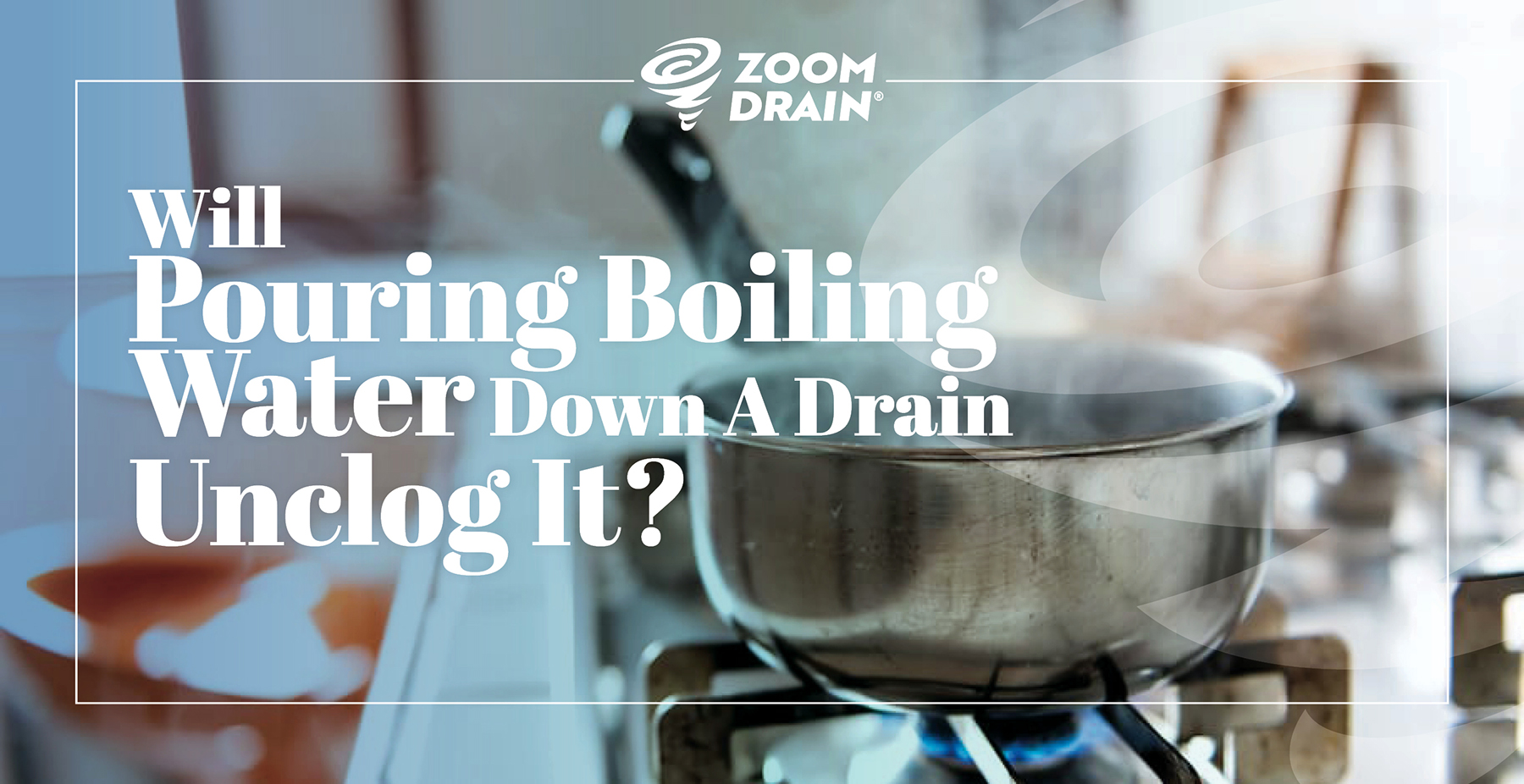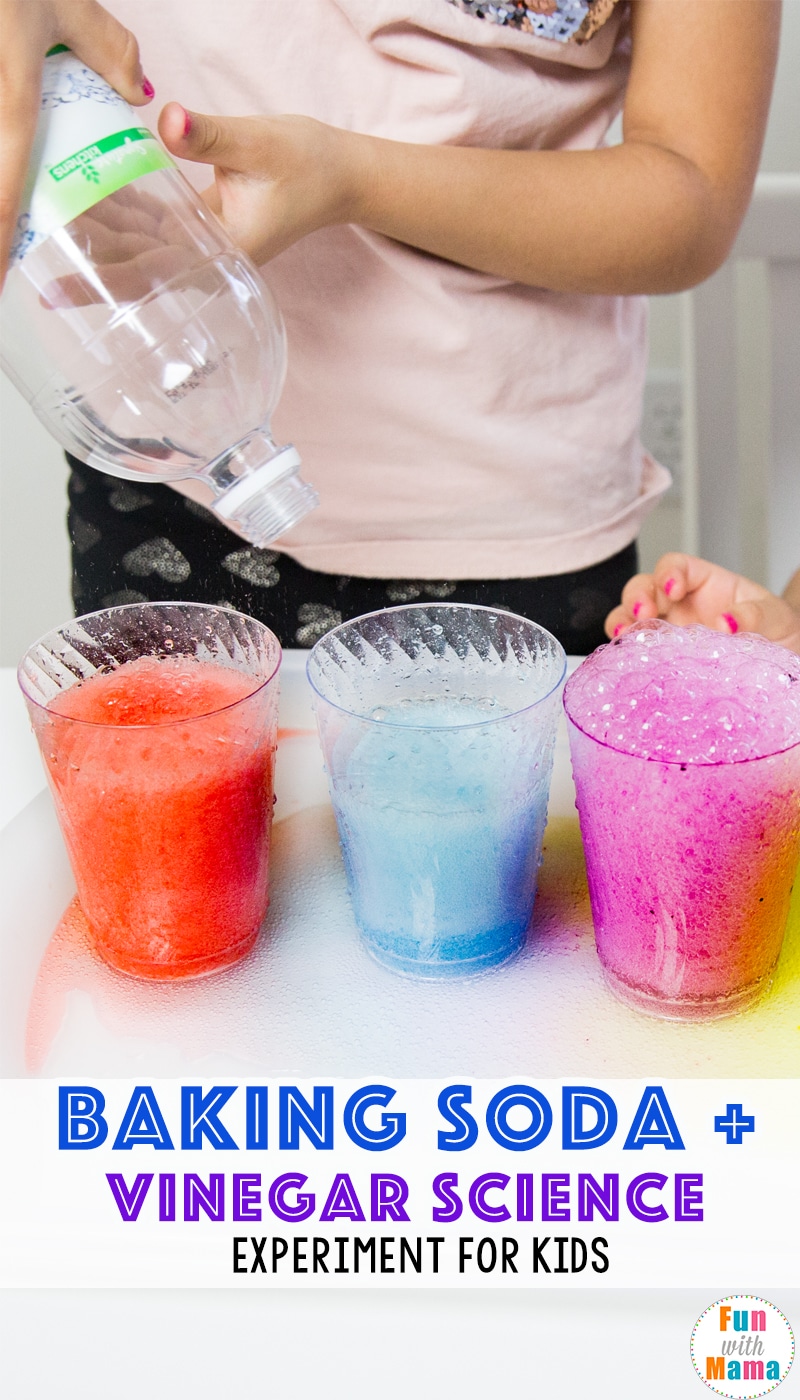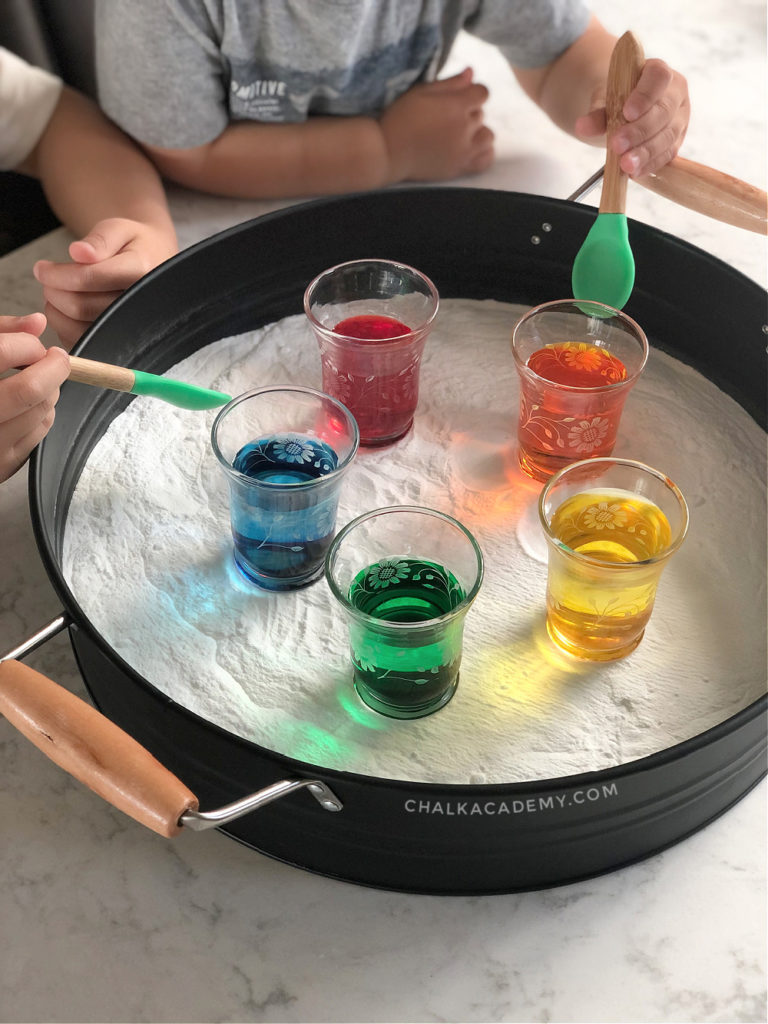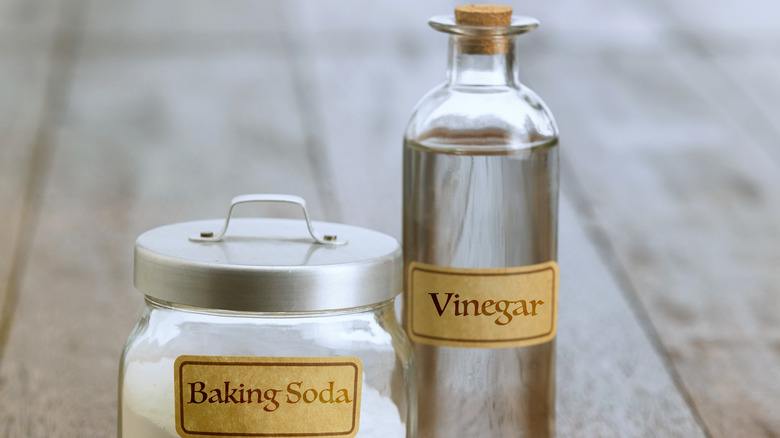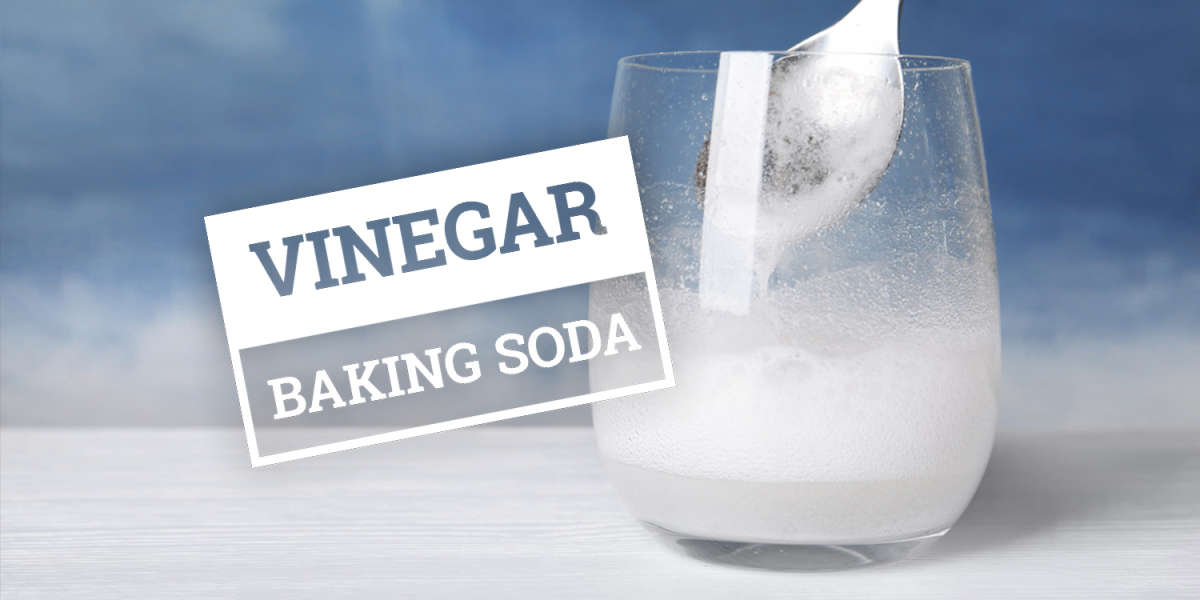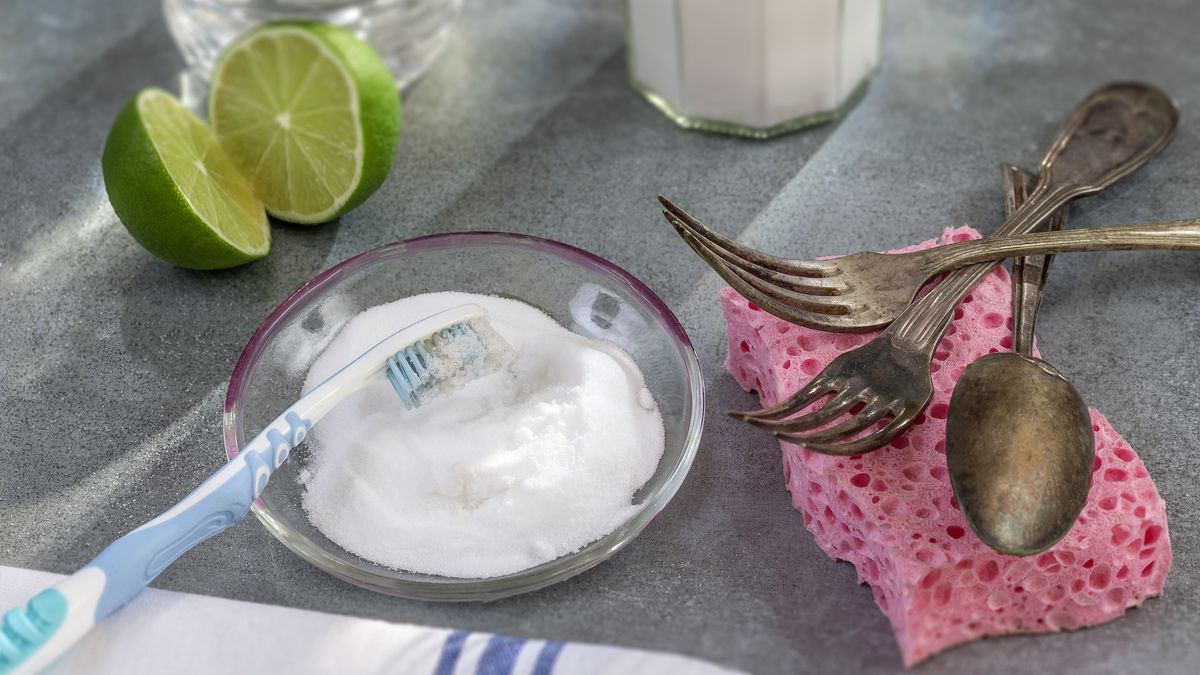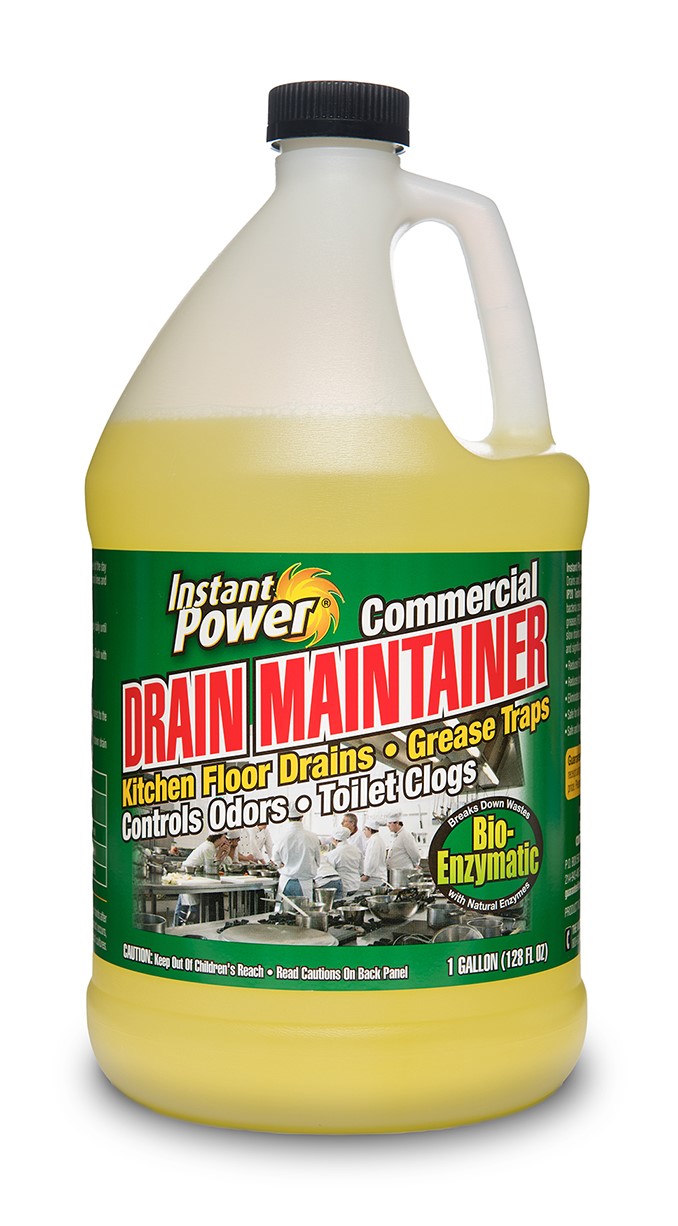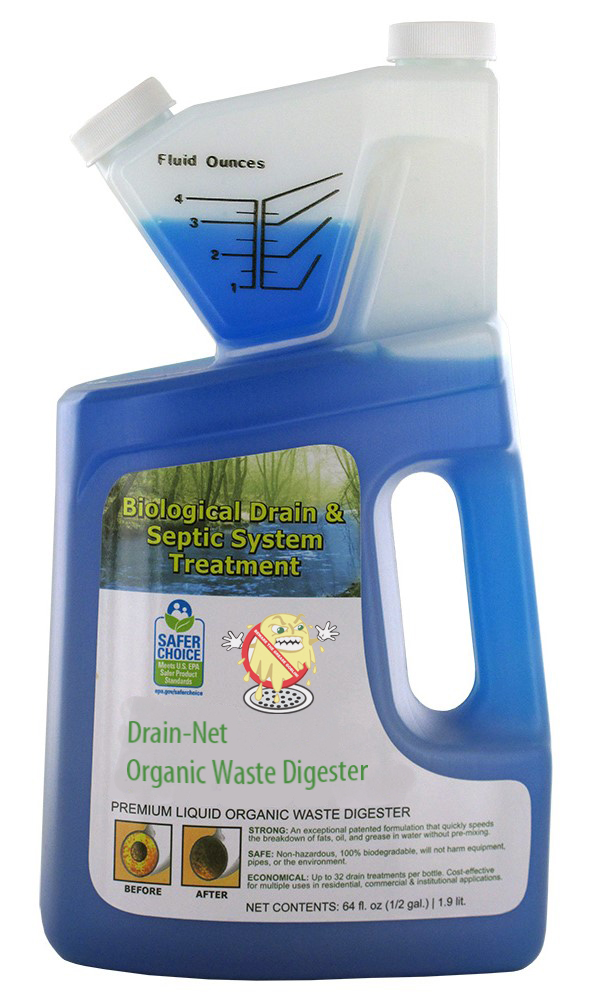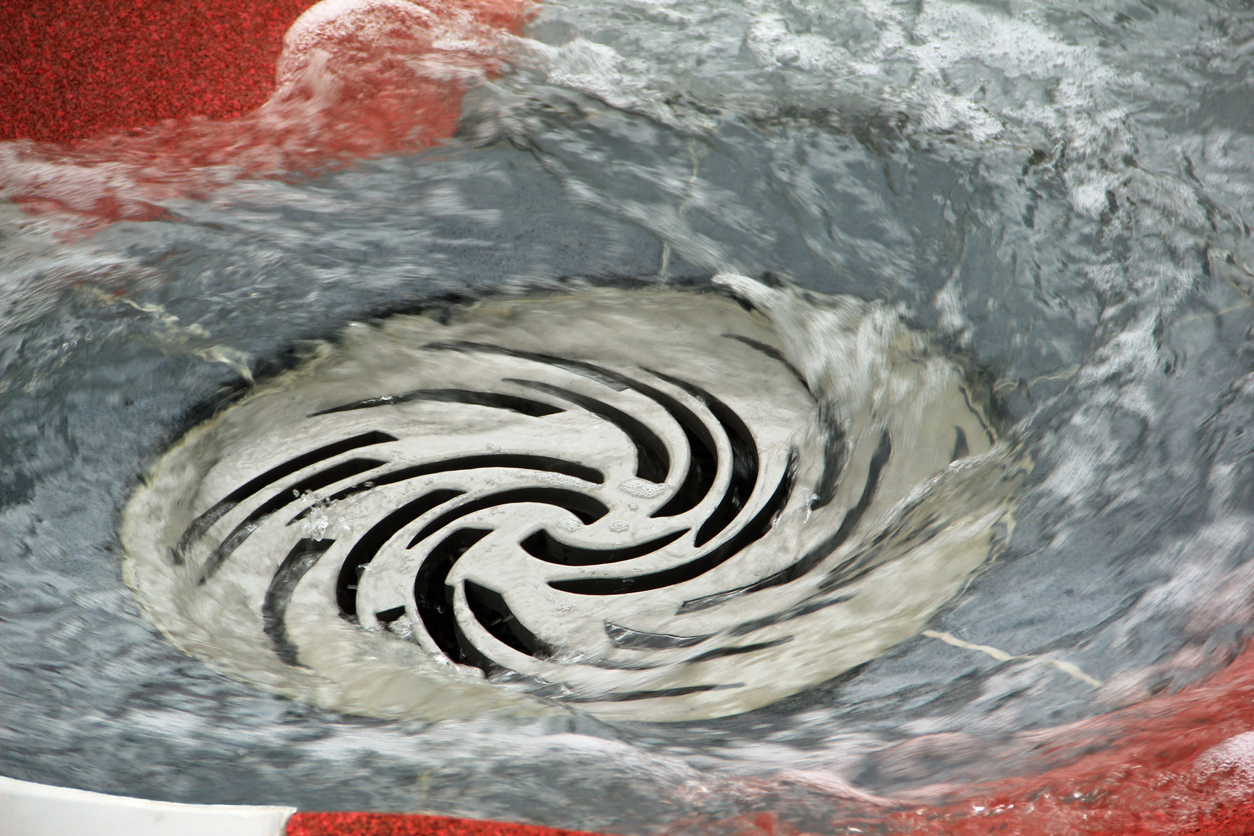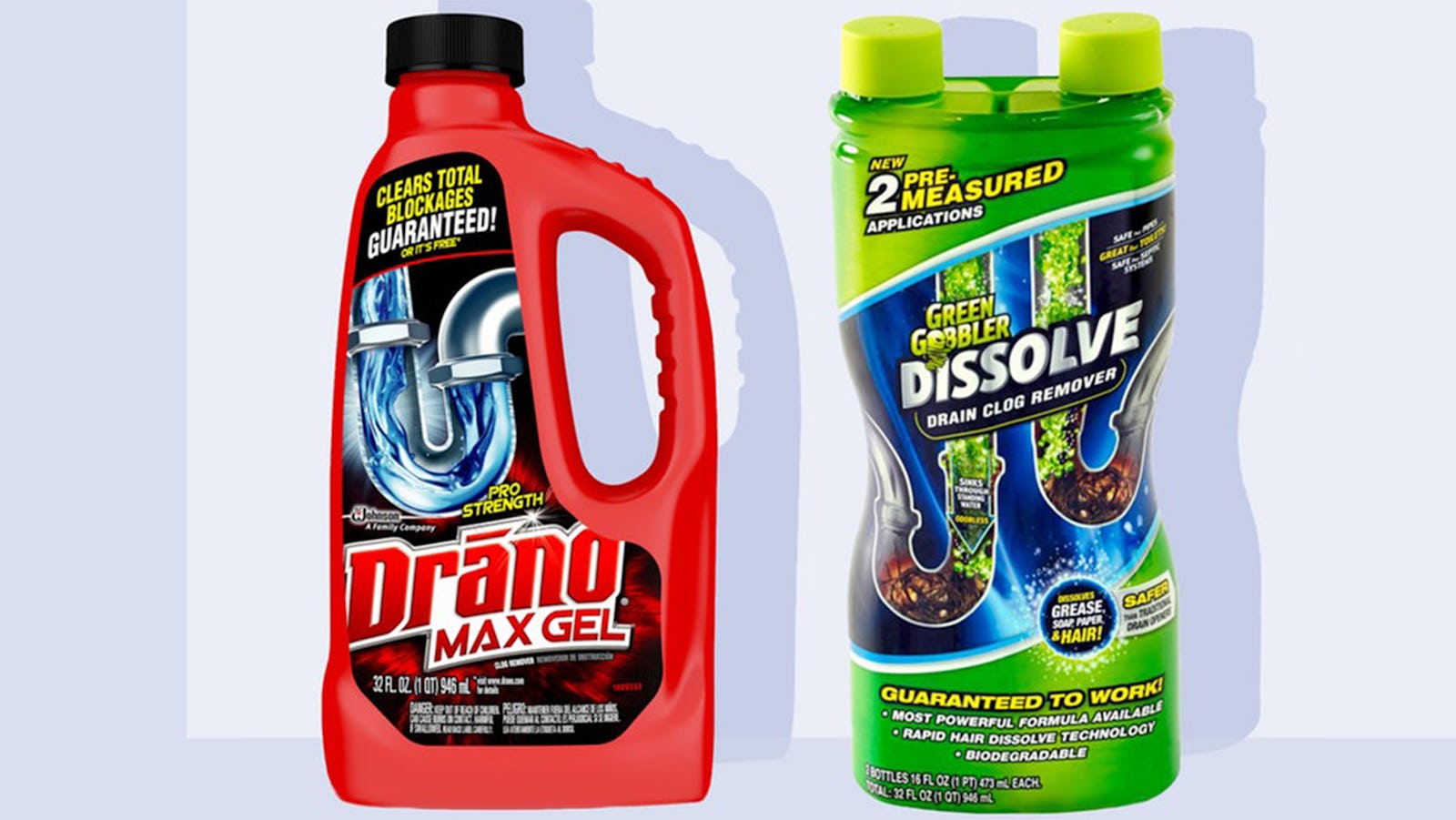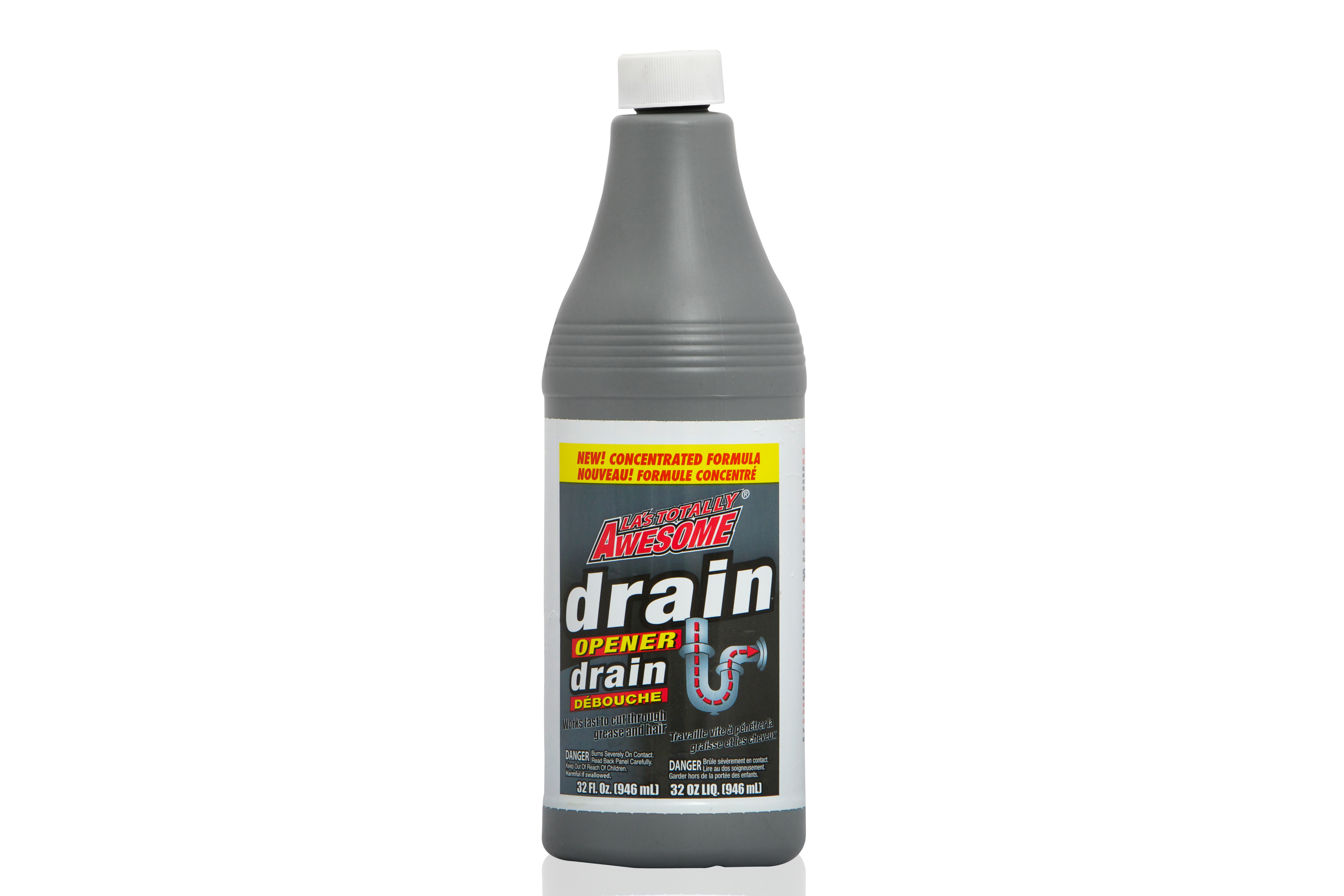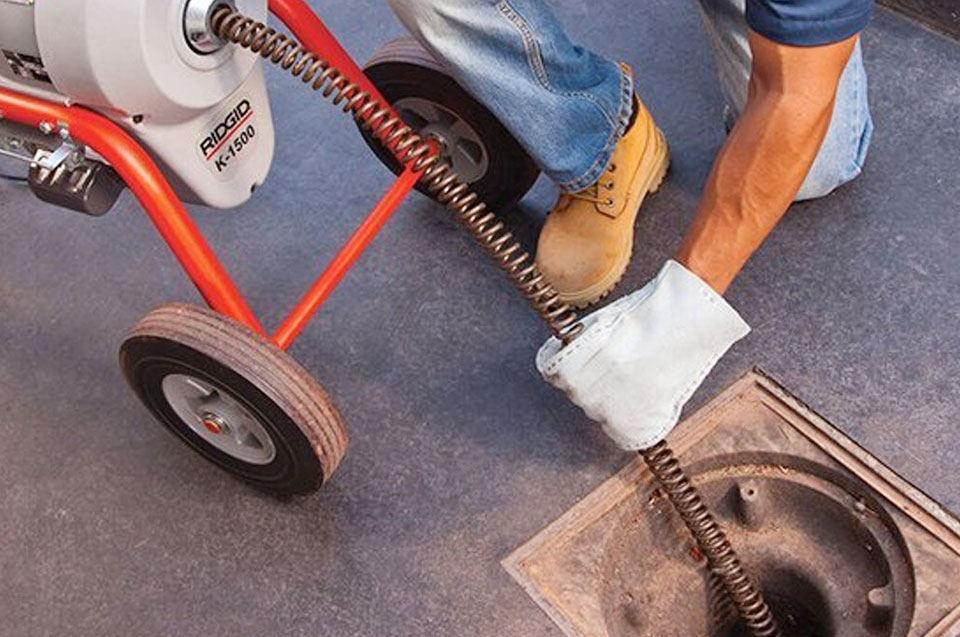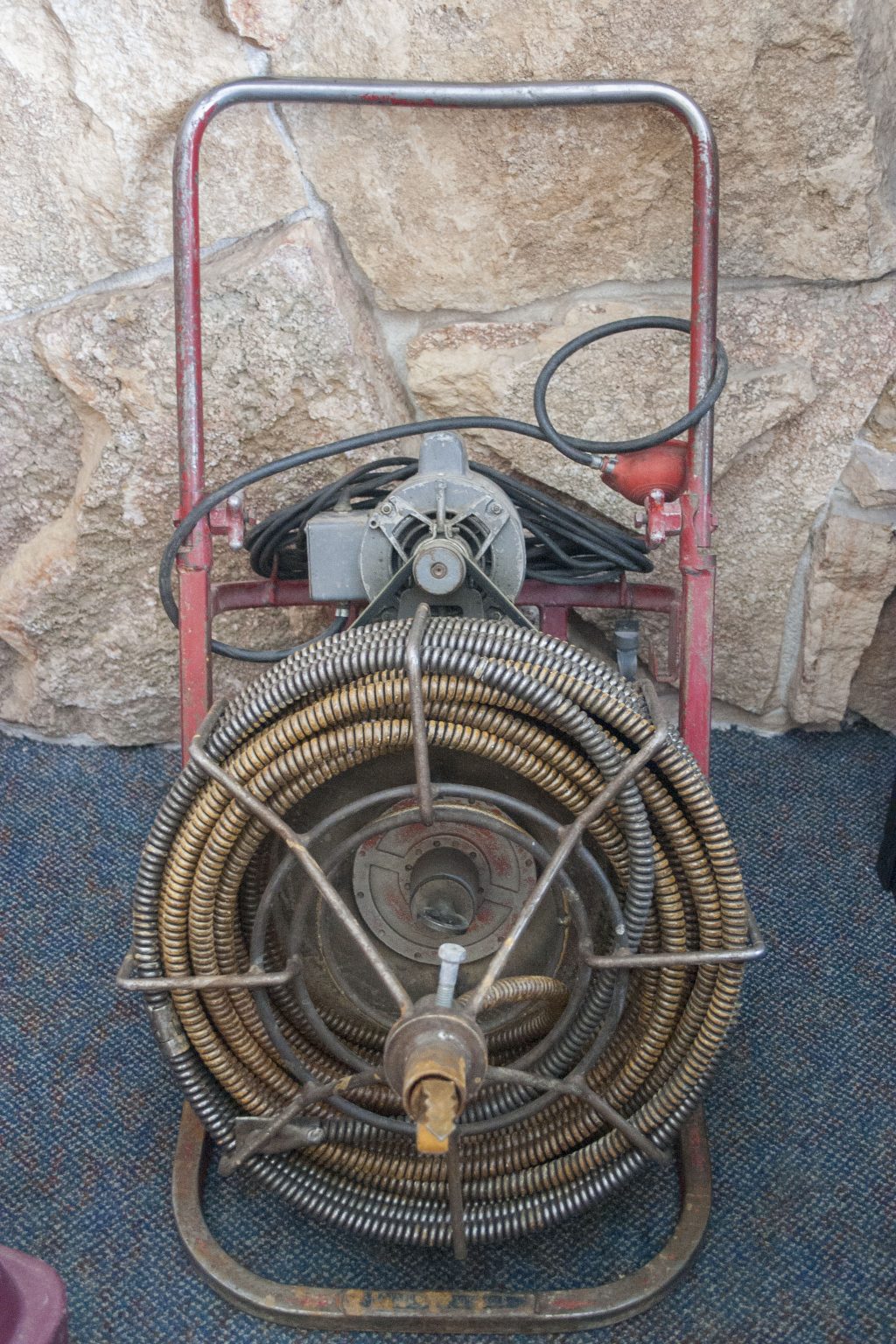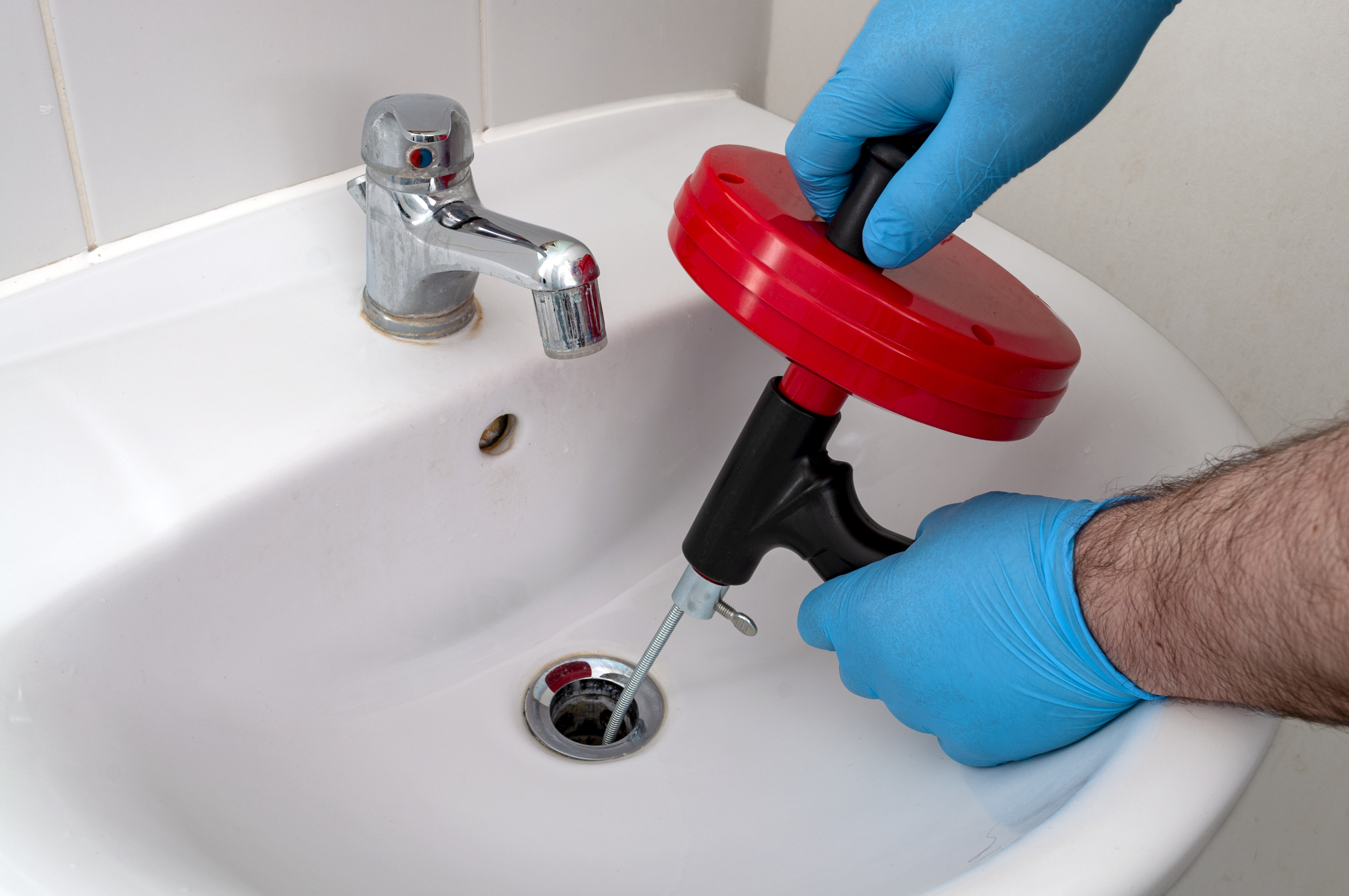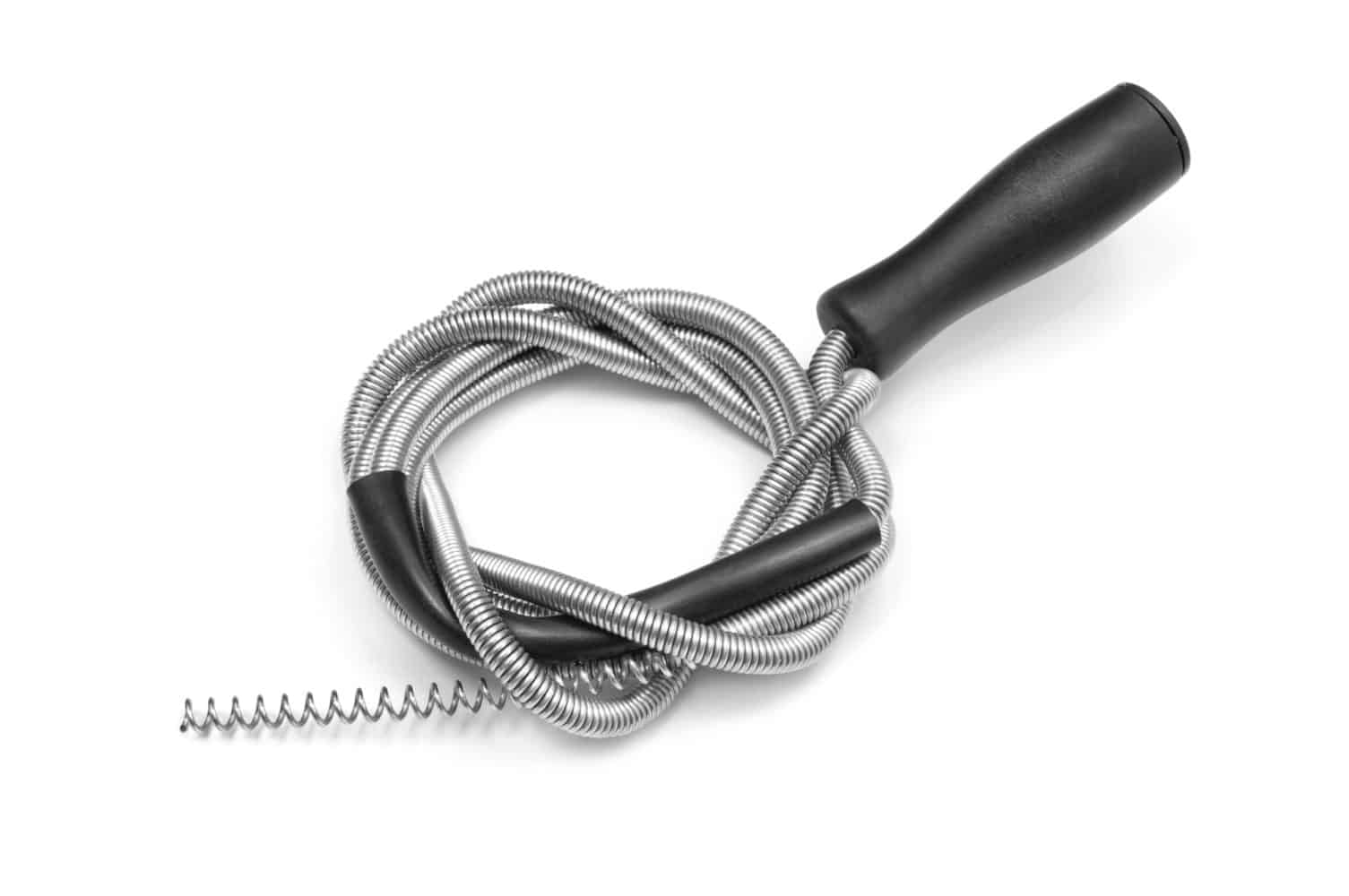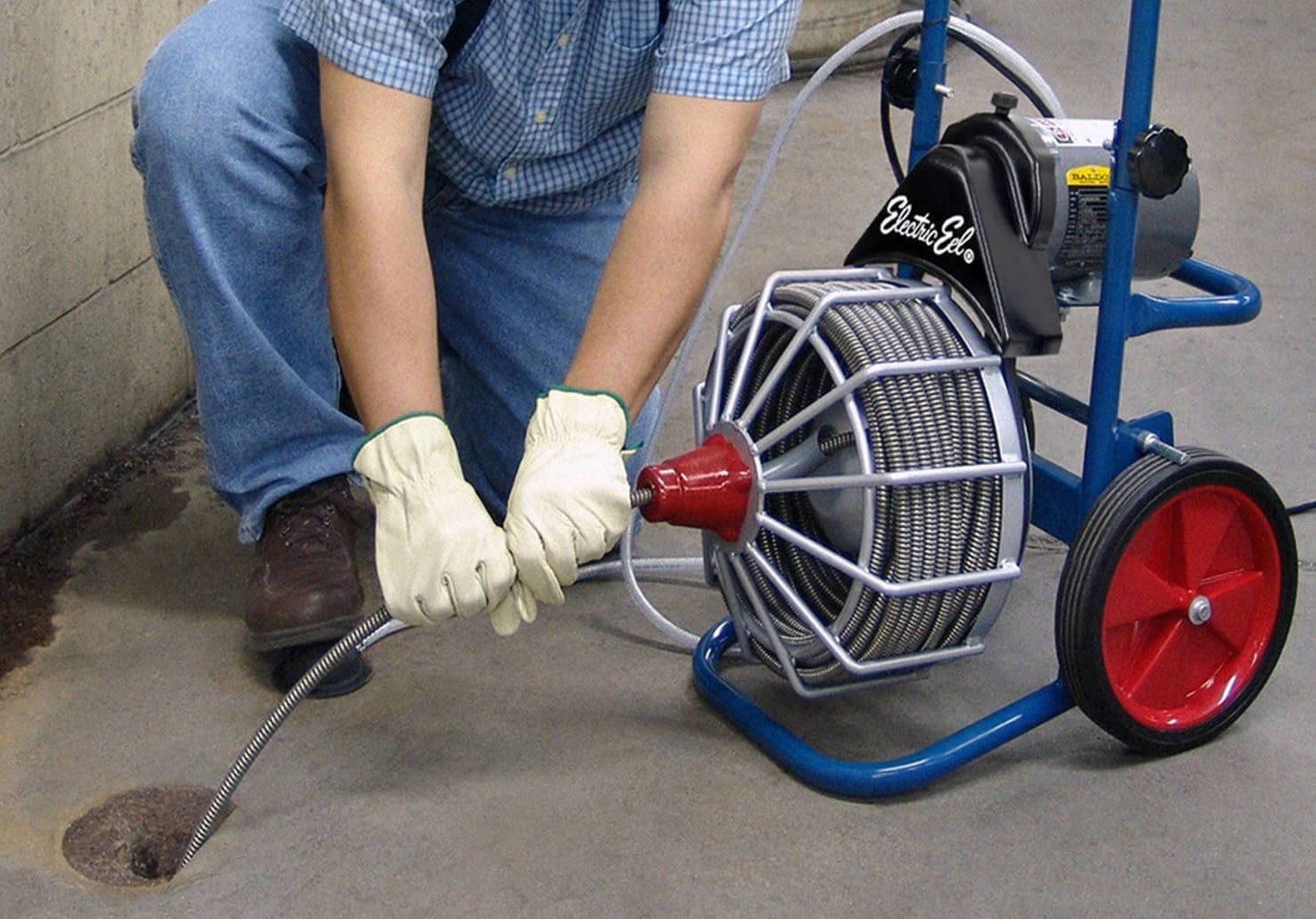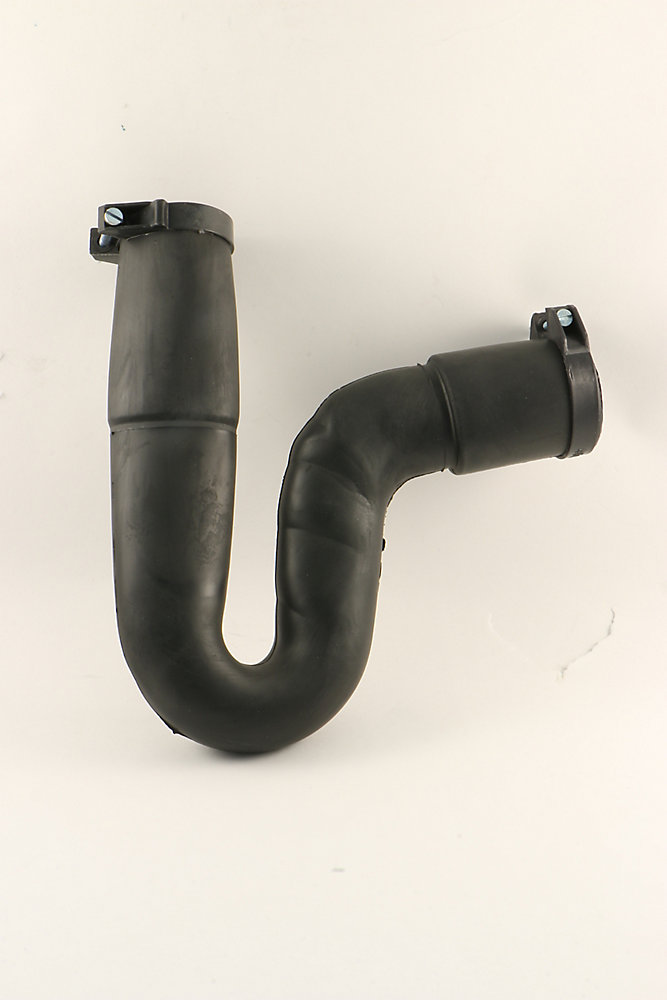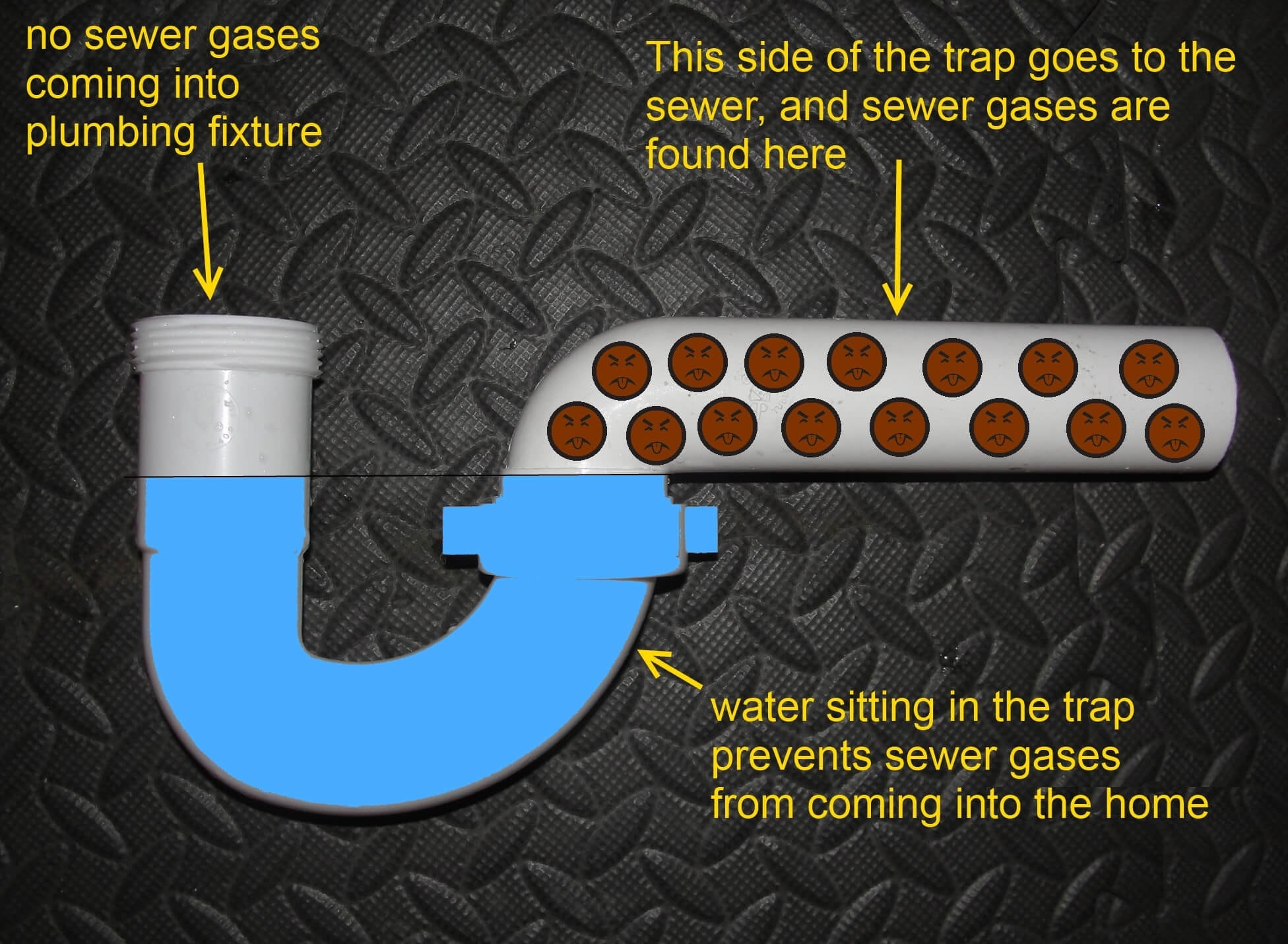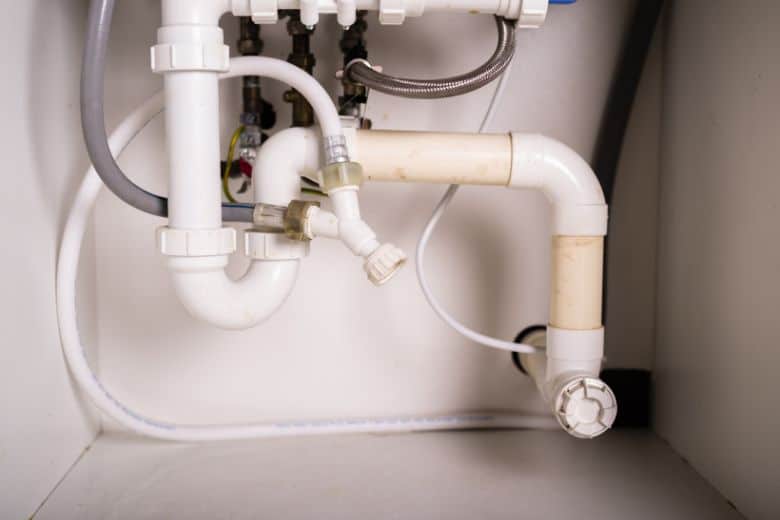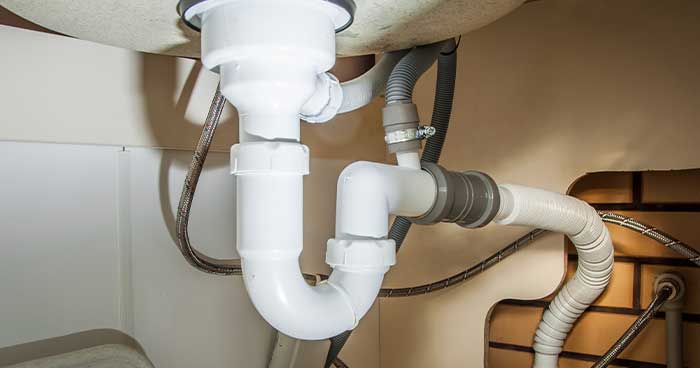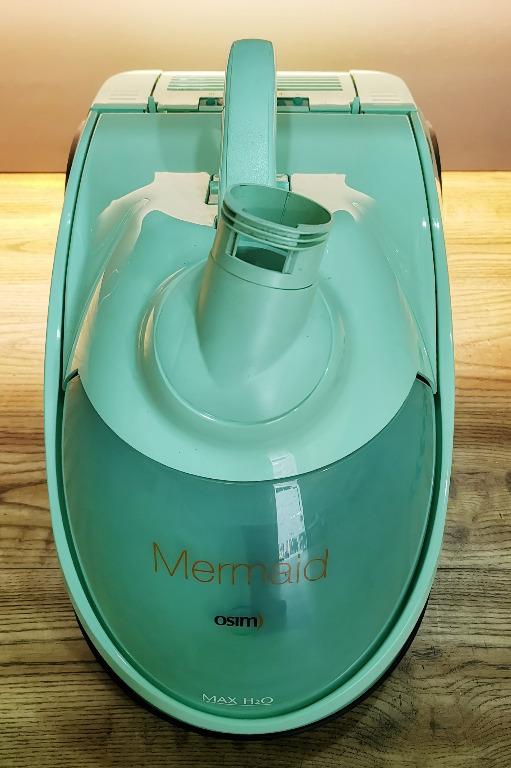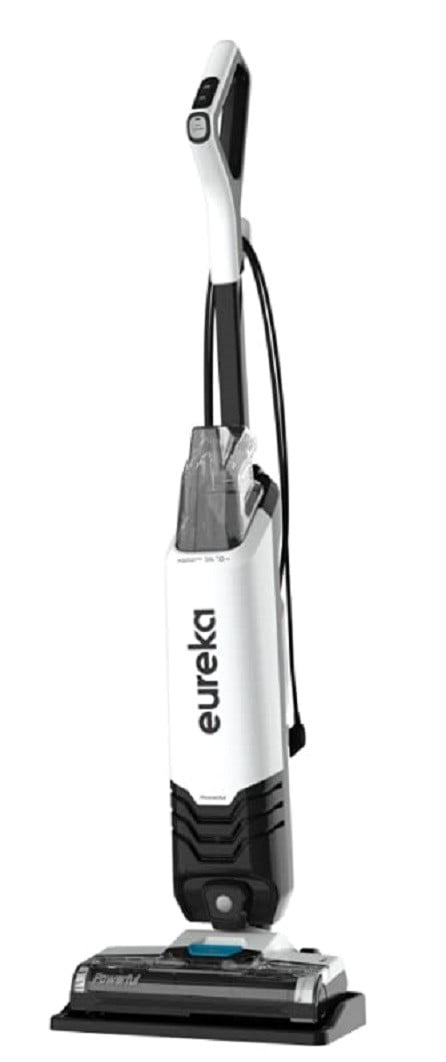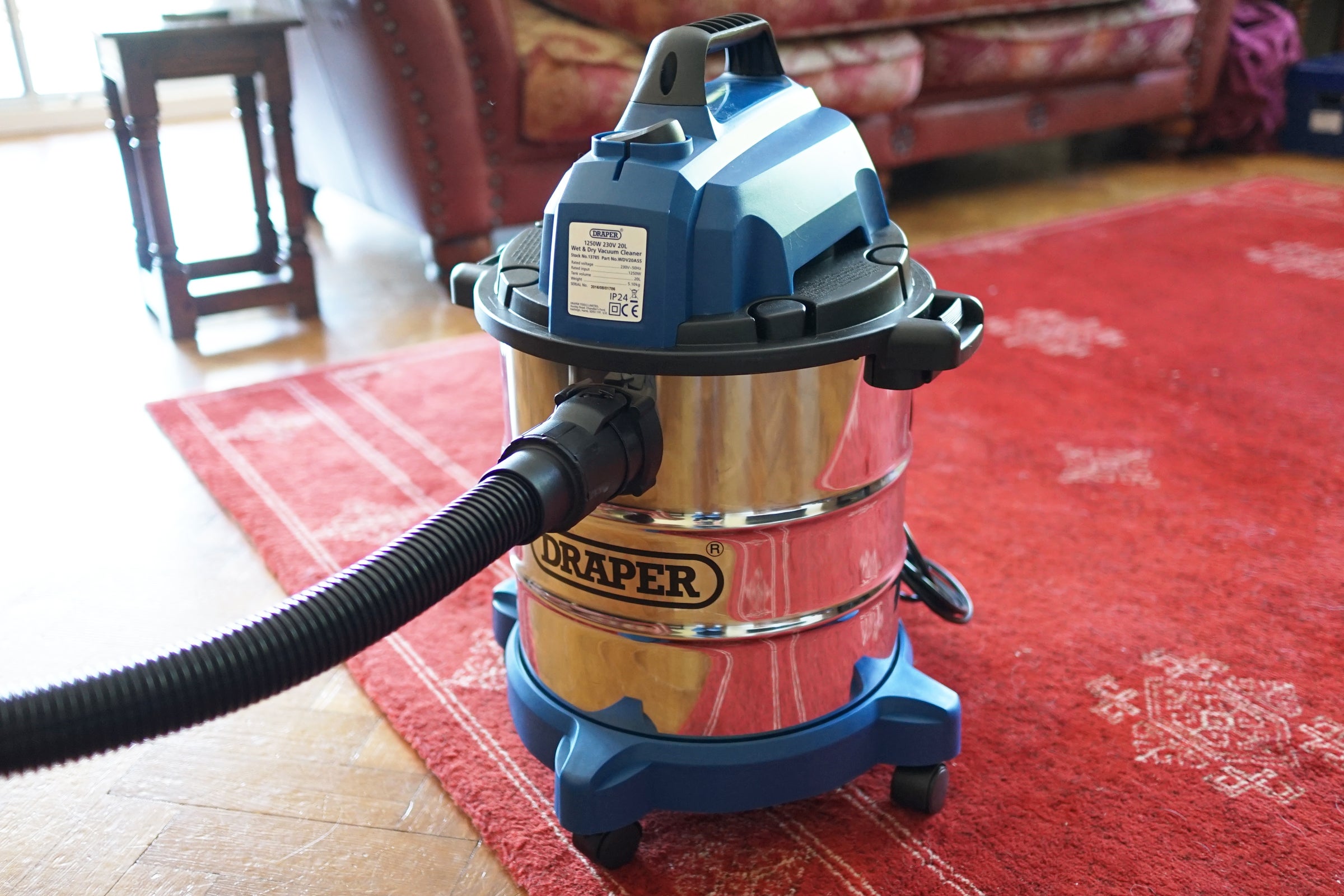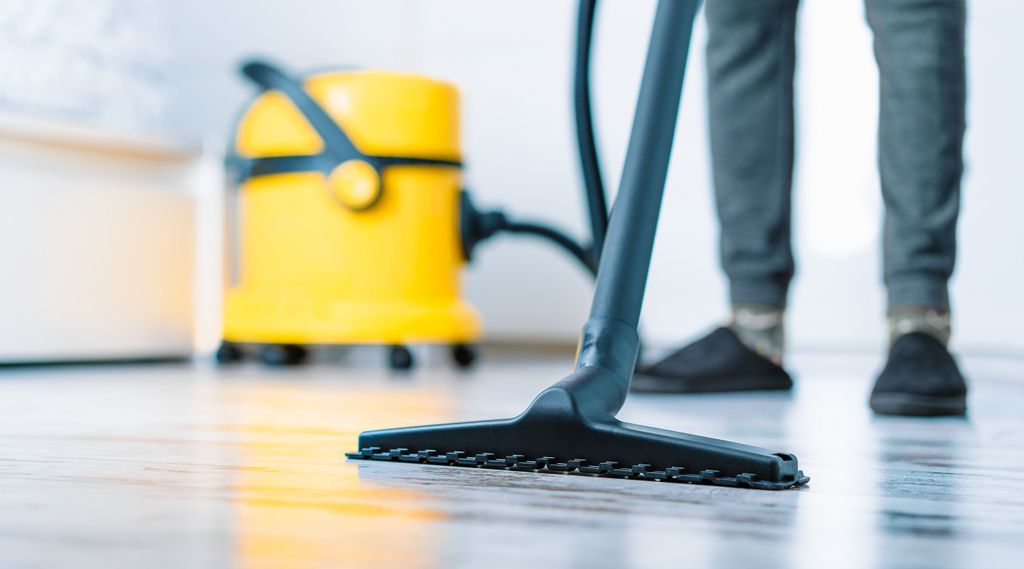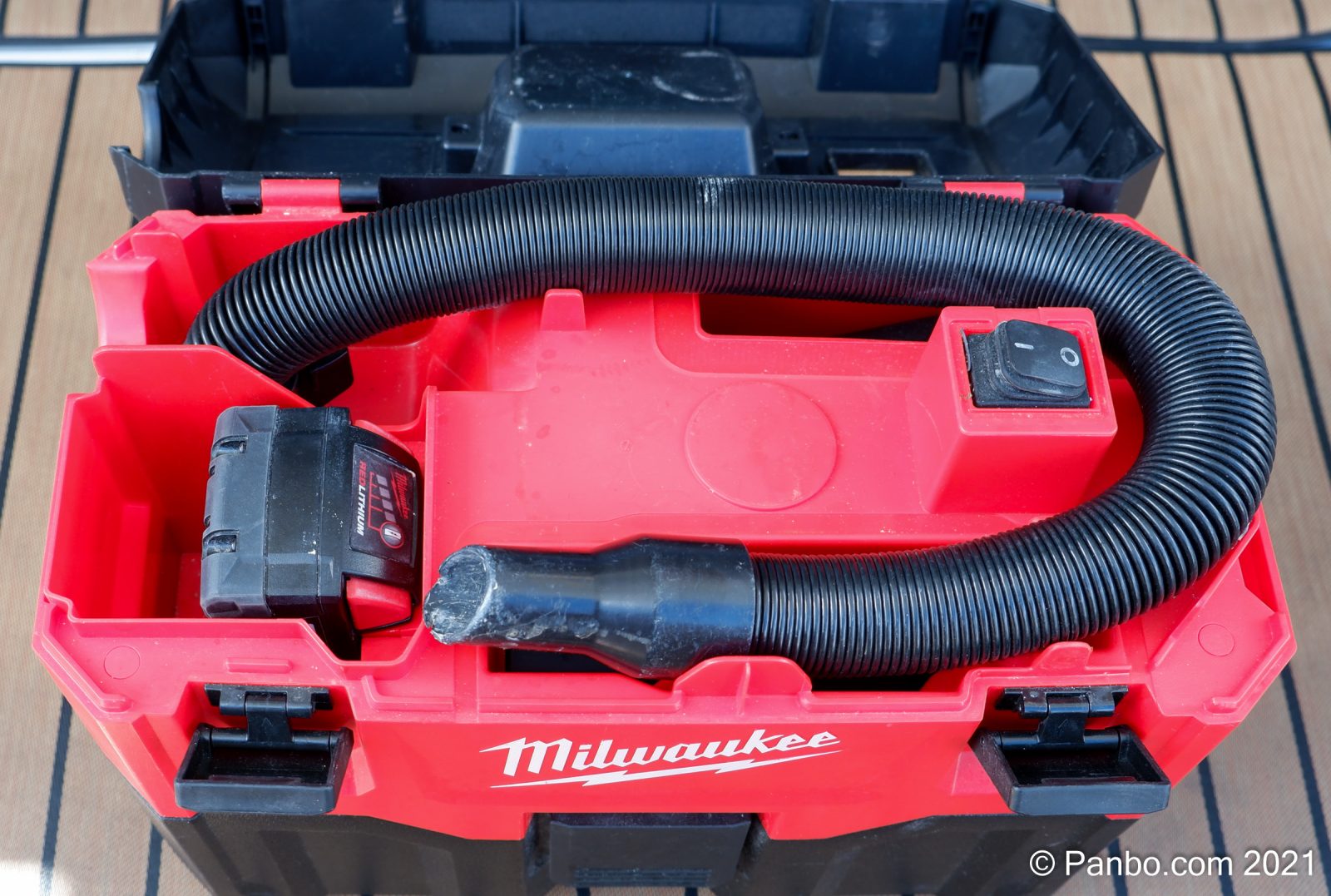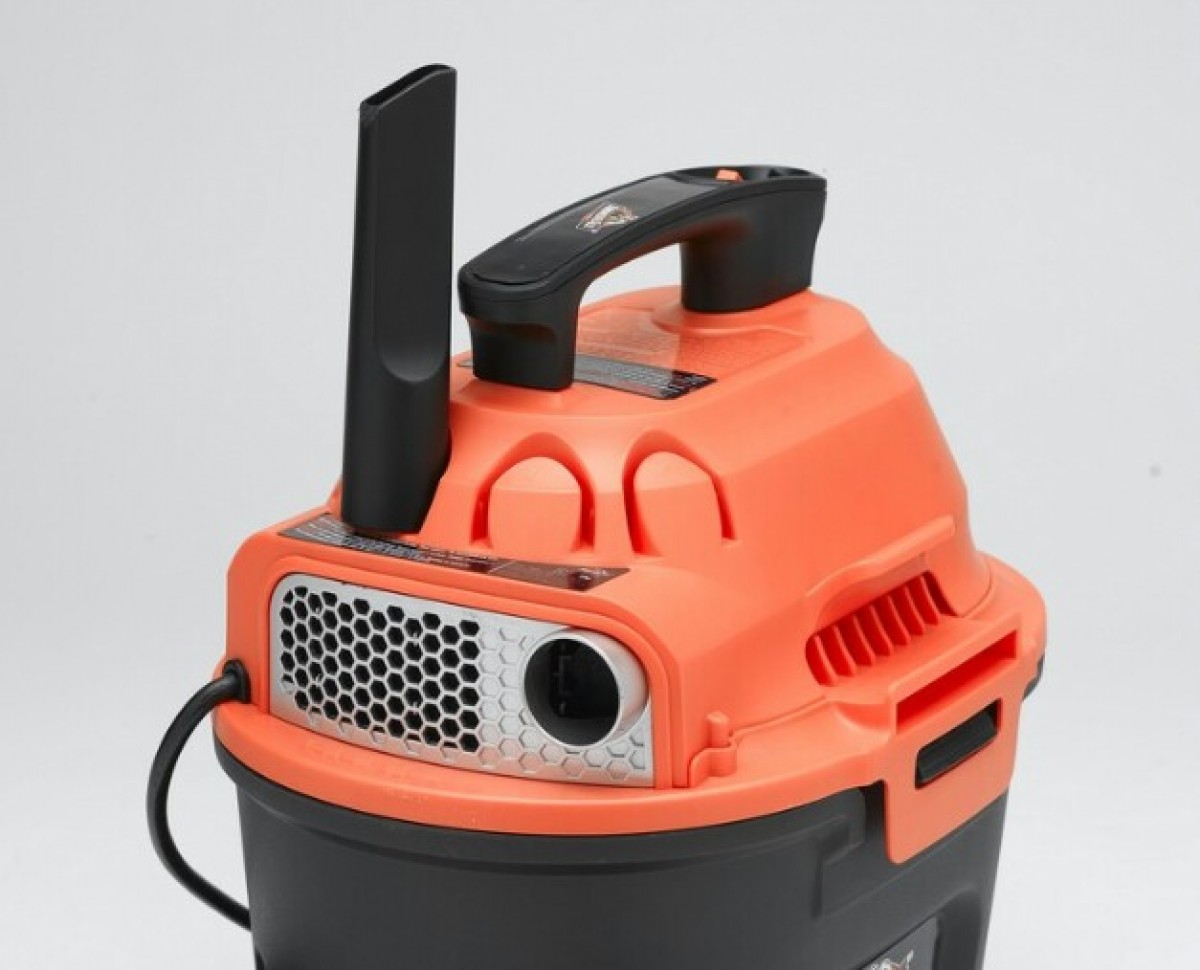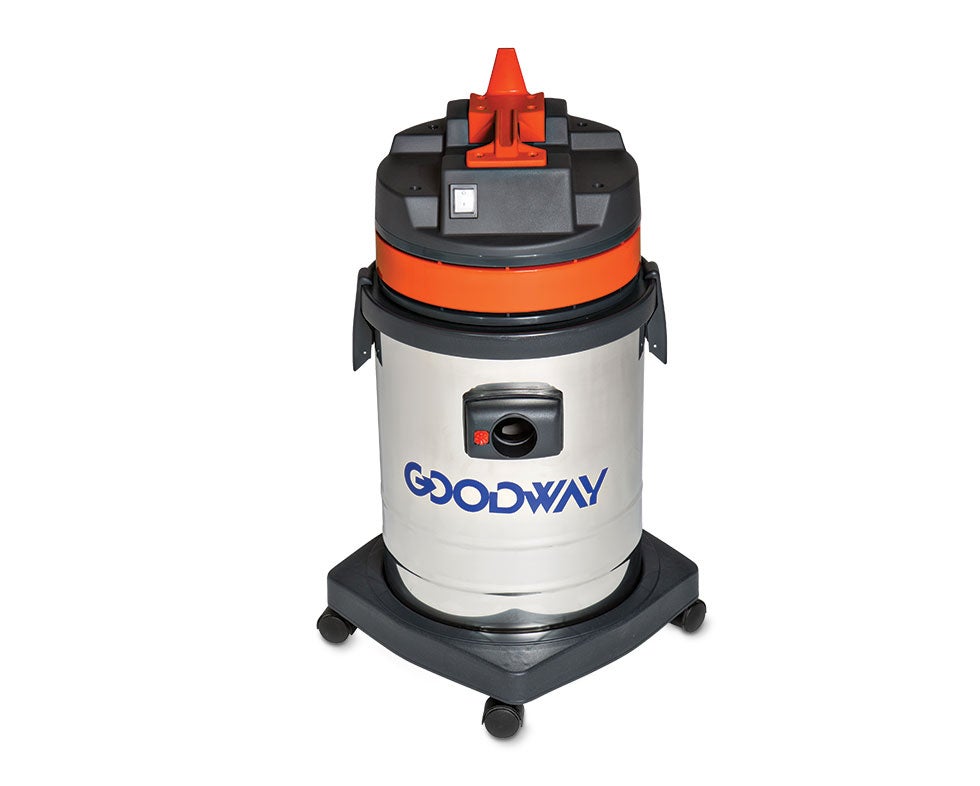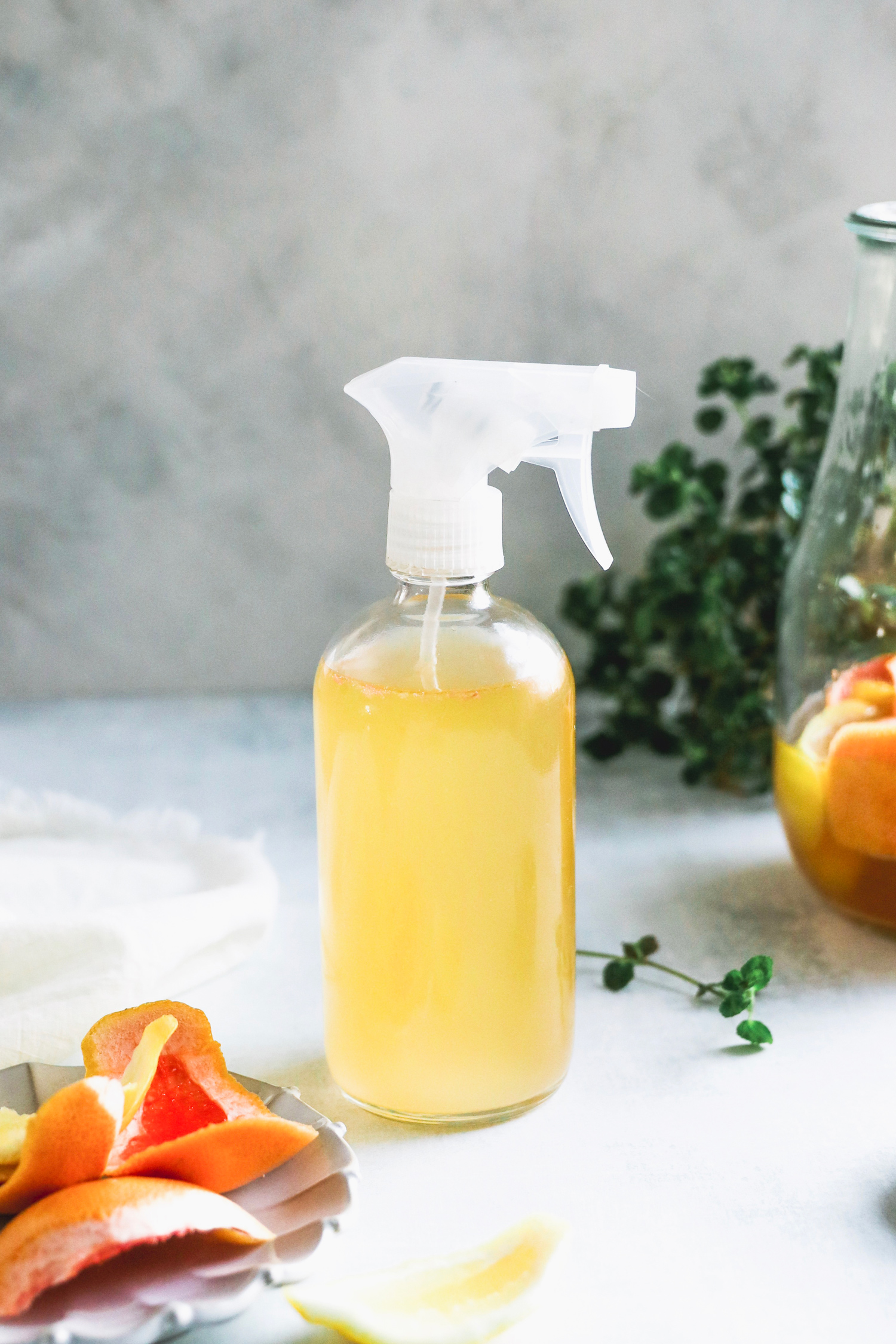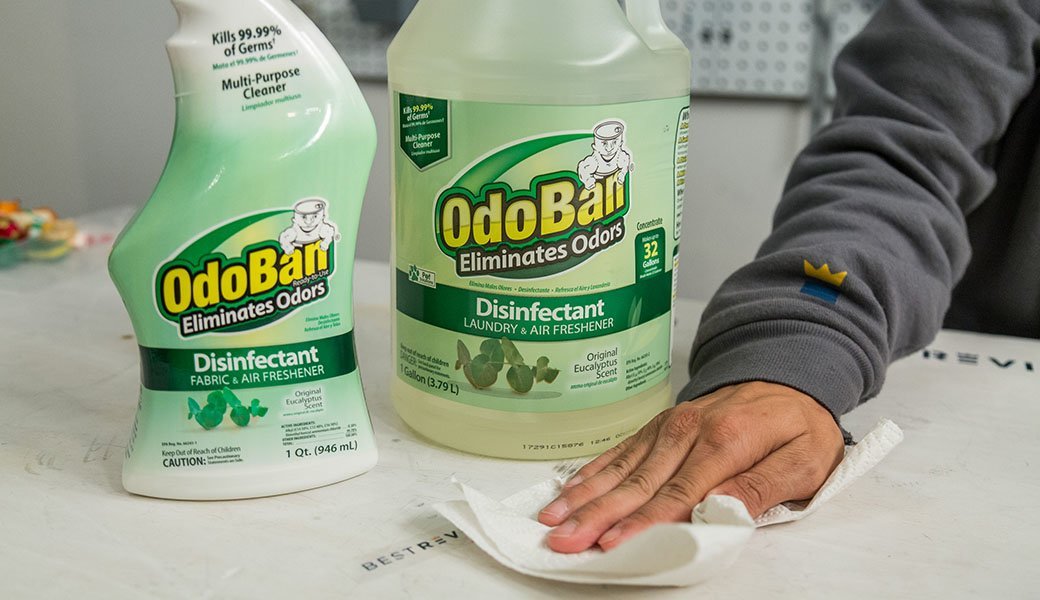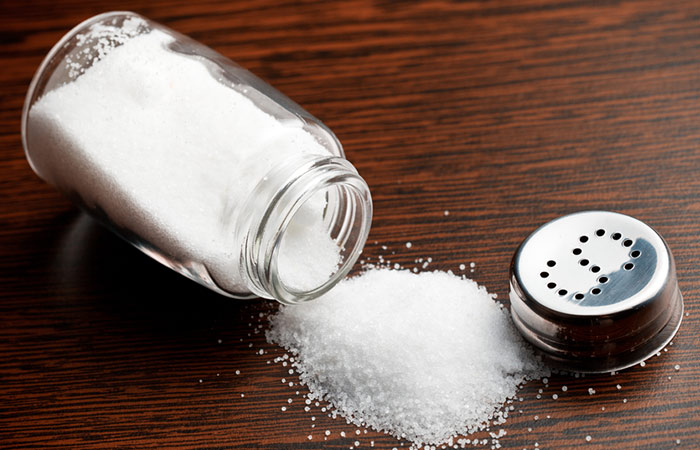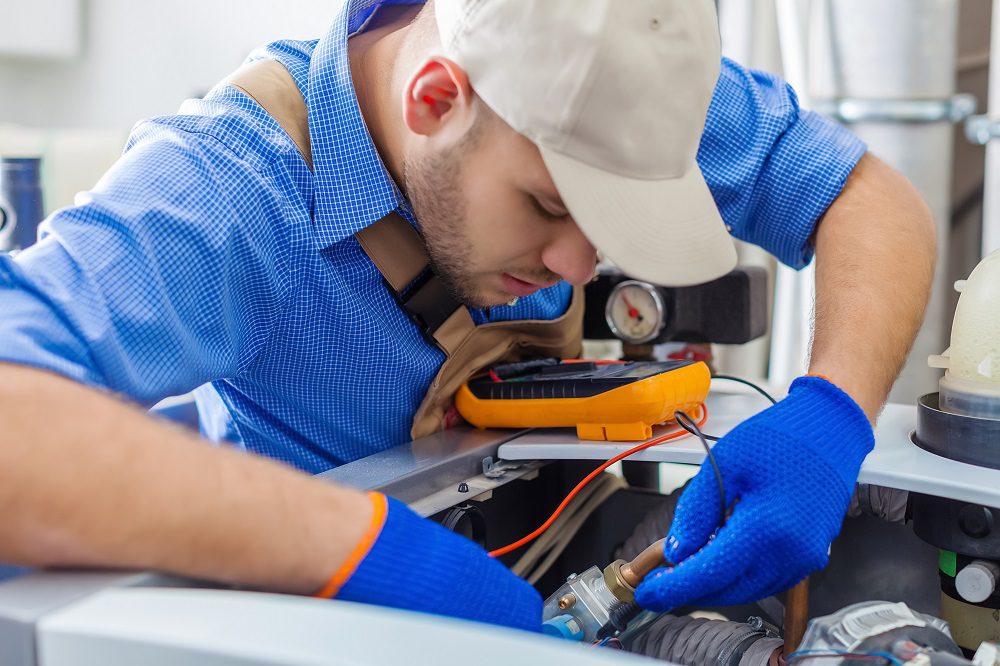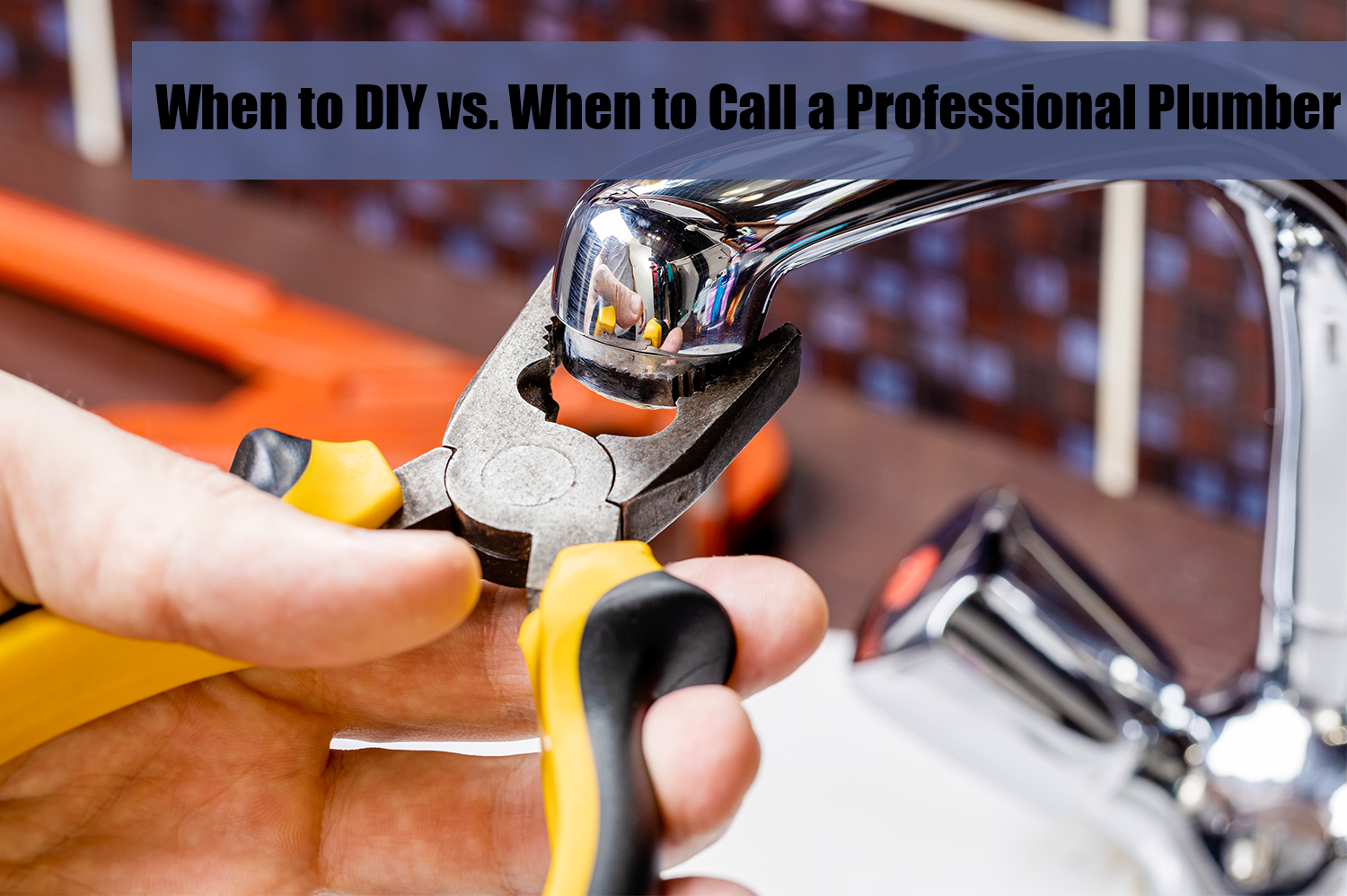One of the most common and effective ways to clear a blocked kitchen sink is by using a plunger. This tool creates suction and pressure to dislodge any blockages in the drain. Make sure to cover the overflow holes with tape or a wet cloth before plunging, as this will help create more pressure. For best results, fill the sink with enough water to cover the plunger and create a seal. Then, place the plunger over the drain and push and pull in a steady motion. Repeat this a few times until the blockage is cleared.1. Use a plunger
If your kitchen sink is draining slowly or has a mild blockage, pouring boiling water down the drain can help dissolve any grease or food particles that may be causing the blockage. This method is simple and can be done with items you already have in your kitchen. Start by boiling a pot of water on the stove. Once it has reached a rolling boil, carefully pour it down the drain in two to three stages, allowing the water to work its way through the pipes. This method may need to be repeated a few times for stubborn blockages.2. Pour boiling water down the drain
Baking soda and vinegar are a powerful combination when it comes to clearing blocked kitchen sinks. The chemical reaction between the two ingredients creates a foaming action that can help break down and dissolve any blockages. To use this method, pour half a cup of baking soda down the drain, followed by half a cup of white vinegar. Let it sit for 10-15 minutes, then pour boiling water down the drain to flush out any remaining debris.3. Use a mixture of baking soda and vinegar
If the above methods do not work, you can try using a commercial drain cleaner. These products are designed to dissolve and break down tough blockages, but they can also contain harsh chemicals that can be harmful to the environment and your pipes. Be sure to carefully read and follow the instructions on the product, and always wear protective gear such as gloves and goggles when handling these cleaners.4. Try a commercial drain cleaner
A plumbing snake, also known as an auger, is a long flexible tool that can be inserted into the drain to reach and dislodge any blockages. This method is more effective for deeper blockages or those that cannot be reached with a plunger. To use a plumbing snake, insert the cable into the drain and turn the handle clockwise to push it further down. Once you feel resistance, turn the handle counterclockwise to break up the blockage. Then, pull the snake out of the drain and flush it with hot water.5. Use a plumbing snake
The P-trap is a curved pipe located under the sink that is designed to trap debris and prevent it from entering the main drain. Over time, this trap can become clogged with food particles and grease, causing a blocked kitchen sink. To clean the P-trap, place a bucket under it to catch any water, then unscrew the connections and remove the trap. Clean it with a brush and hot, soapy water, then reattach it to the pipes. This method may require some basic plumbing knowledge, so be sure to have a professional plumber on hand if needed.6. Remove and clean the P-trap
If you have a wet/dry vacuum, you can use it to suck out any blockages in your kitchen sink. This method is best for smaller blockages that are closer to the surface and can be easily reached with the vacuum. First, set the vacuum to the wet setting and cover the top of the drain with a cloth or towel to create a seal. Then, turn on the vacuum and let it run for a few minutes to suck out any debris. Be sure to empty the vacuum regularly to avoid creating a mess.7. Use a wet/dry vacuum
For a more eco-friendly approach to clearing a blocked kitchen sink, you can use a natural enzyme cleaner. These cleaners use enzymes and bacteria to break down organic waste and can be effective in clearing blockages caused by food and grease. Simply pour the recommended amount of cleaner down the drain and leave it to work overnight. In the morning, flush the drain with hot water to remove any remaining debris.8. Try a natural enzyme cleaner
If you don't have any commercial drain cleaners on hand, you can create your own natural cleaner using salt, baking soda, and vinegar. This mixture is safe for the environment and can help dissolve tough blockages. Mix half a cup of salt with half a cup of baking soda and pour it down the drain. Then, pour half a cup of vinegar down the drain and let the mixture sit for 15 minutes. Finally, flush the drain with hot water to remove any remaining debris.9. Use a combination of salt, baking soda, and vinegar
If all else fails, it's best to call a professional plumber to clear your blocked kitchen sink. They have the expertise and tools to effectively diagnose and fix any plumbing issues, ensuring that your sink is clear and functioning properly. Remember to regularly clean and maintain your kitchen sink to prevent future blockages. And if you're experiencing frequent blockages, it may be a sign of a larger plumbing issue that needs to be addressed by a professional. With these top 10 best ways to clear a blocked kitchen sink, you can keep your sink functioning properly and avoid any frustrating clogs. Whether you prefer natural methods or commercial products, there's a solution for every type of blockage. Just remember to take caution and always prioritize safety when attempting any DIY solutions.10. Call a professional plumber
Additional Tips for Clearing a Blocked Kitchen Sink

Use a Plunger
 If the
kitchen sink
is
blocked
due to a buildup of
food debris
or
grease
, a
plunger
can be a useful tool to clear the
clog
. First, fill the
sink
with enough
water
to cover the
plunger
head. Then, place the
plunger
over the
drain
and push down firmly, creating a seal. Pull the
plunger
up and down several times to create suction and dislodge the
blockage
. Repeat as needed until the
water
begins to
drain
properly.
If the
kitchen sink
is
blocked
due to a buildup of
food debris
or
grease
, a
plunger
can be a useful tool to clear the
clog
. First, fill the
sink
with enough
water
to cover the
plunger
head. Then, place the
plunger
over the
drain
and push down firmly, creating a seal. Pull the
plunger
up and down several times to create suction and dislodge the
blockage
. Repeat as needed until the
water
begins to
drain
properly.
Try a Homemade Drain Cleaner
 For
clogs
caused by
organic matter
, such as
hair
or
food particles
, a
homemade drain cleaner
can be an effective and
environmentally-friendly
solution. Mix equal parts
baking soda
and
vinegar
and pour it down the
drain
. Let it sit for about 30 minutes, then flush it with hot
water
. The
baking soda
and
vinegar
will create a
chemical reaction
that can help loosen and dissolve the
clog
. This method may need to be repeated a few times for tougher
clogs
.
For
clogs
caused by
organic matter
, such as
hair
or
food particles
, a
homemade drain cleaner
can be an effective and
environmentally-friendly
solution. Mix equal parts
baking soda
and
vinegar
and pour it down the
drain
. Let it sit for about 30 minutes, then flush it with hot
water
. The
baking soda
and
vinegar
will create a
chemical reaction
that can help loosen and dissolve the
clog
. This method may need to be repeated a few times for tougher
clogs
.
Use a Plumbing Snake
 If the
blockage
is further down the
drain
and cannot be reached with a
plunger
, a
plumbing snake
can be a
handy tool
to have on hand. Insert the
snake
into the
drain
and twist it while pushing it further down. When you feel resistance, twist and push the
snake
to break up the
clog
. Once the
blockage
is cleared, run hot
water
down the
drain
to flush out any remaining debris.
If the
blockage
is further down the
drain
and cannot be reached with a
plunger
, a
plumbing snake
can be a
handy tool
to have on hand. Insert the
snake
into the
drain
and twist it while pushing it further down. When you feel resistance, twist and push the
snake
to break up the
clog
. Once the
blockage
is cleared, run hot
water
down the
drain
to flush out any remaining debris.
Prevent Future Clogs
 To prevent
clogs
from forming in the first place, there are a few simple steps you can take. Install a
drain strainer
to catch large particles and prevent them from going down the
drain
. Avoid pouring
grease
or
oil
down the
drain
and regularly clean the
drain stopper
to remove any buildup. Additionally, running hot
water
down the
drain
after each use can help prevent
clogs
from forming. By following these tips, you can keep your
kitchen sink
clear
and functional for years to come.
To prevent
clogs
from forming in the first place, there are a few simple steps you can take. Install a
drain strainer
to catch large particles and prevent them from going down the
drain
. Avoid pouring
grease
or
oil
down the
drain
and regularly clean the
drain stopper
to remove any buildup. Additionally, running hot
water
down the
drain
after each use can help prevent
clogs
from forming. By following these tips, you can keep your
kitchen sink
clear
and functional for years to come.



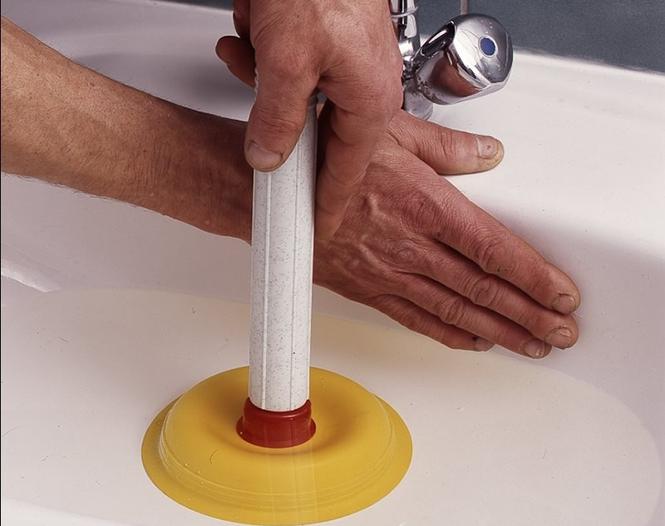

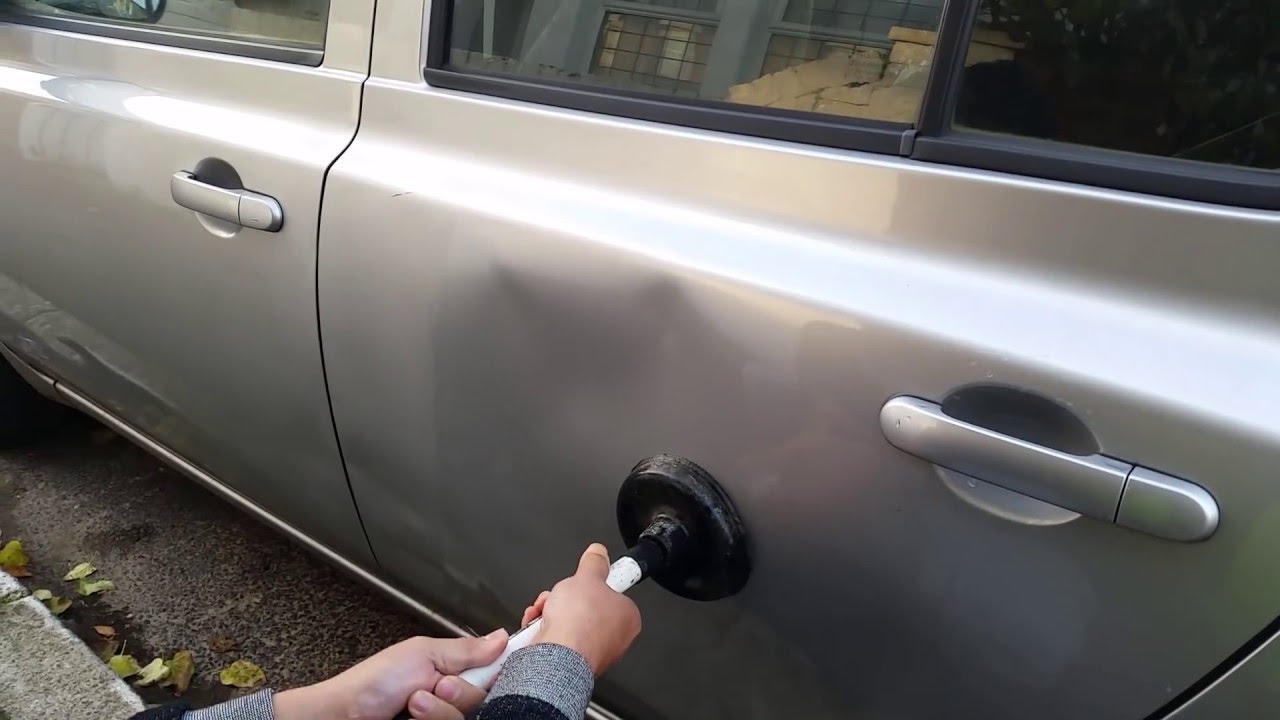

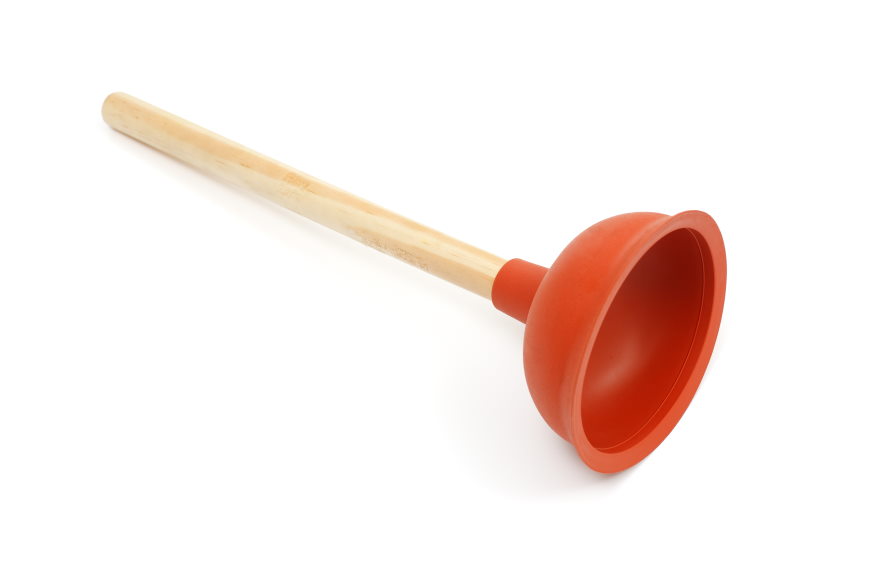
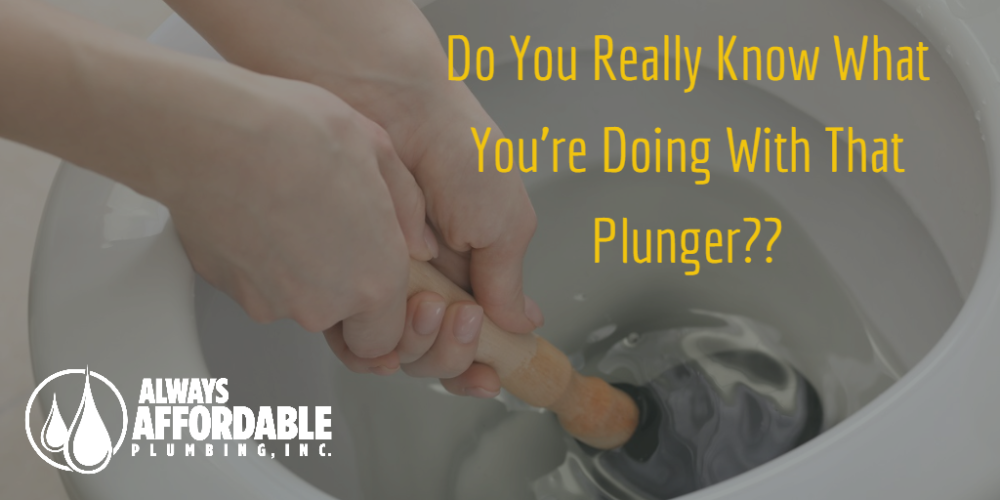



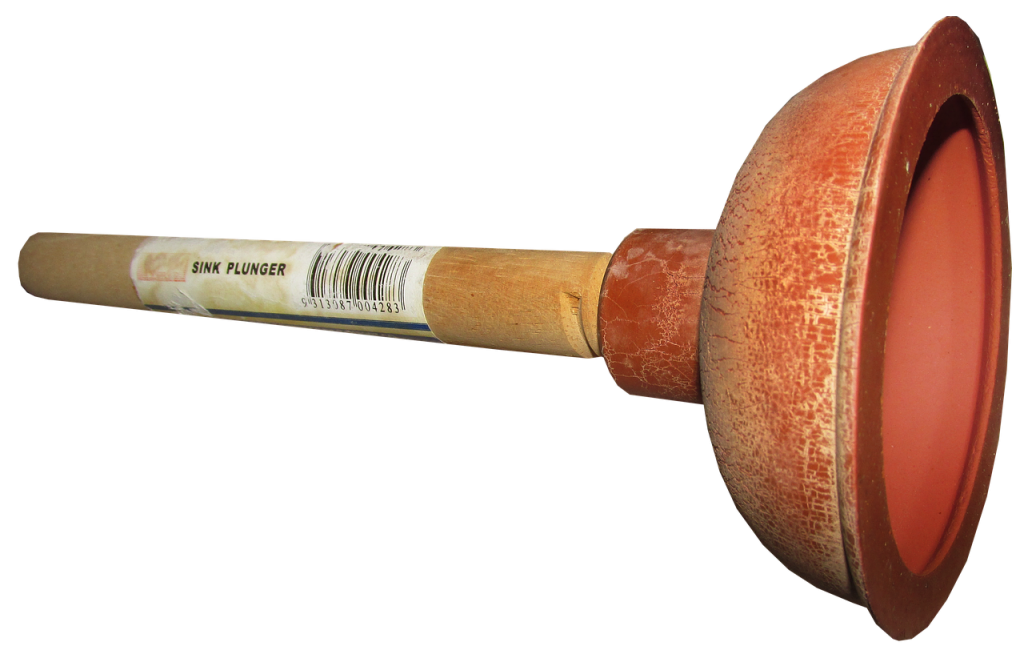



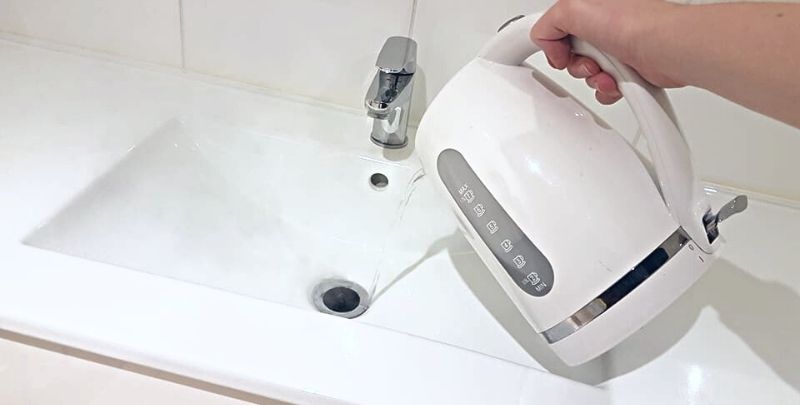

.jpg?time=1689761045394)
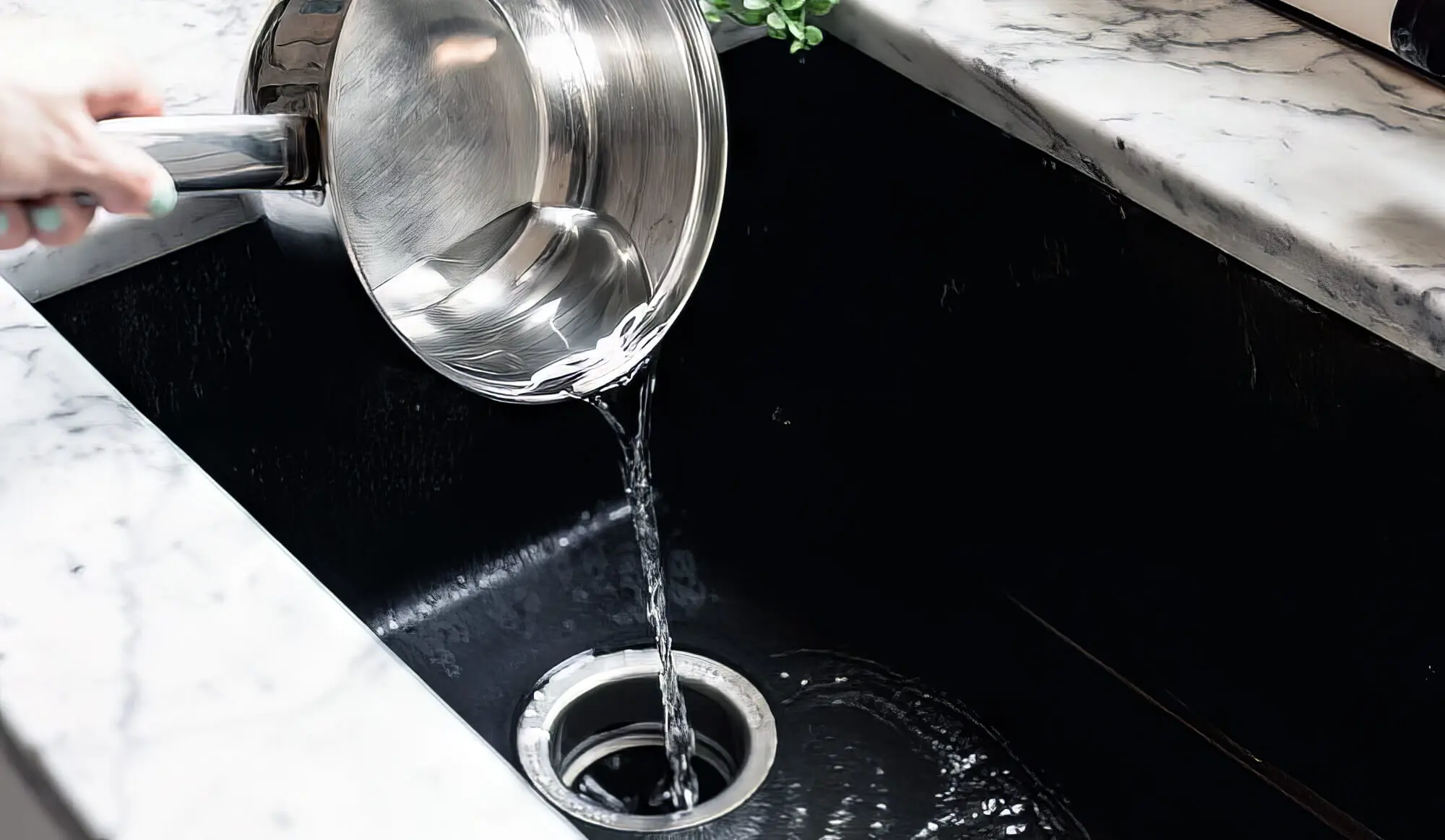


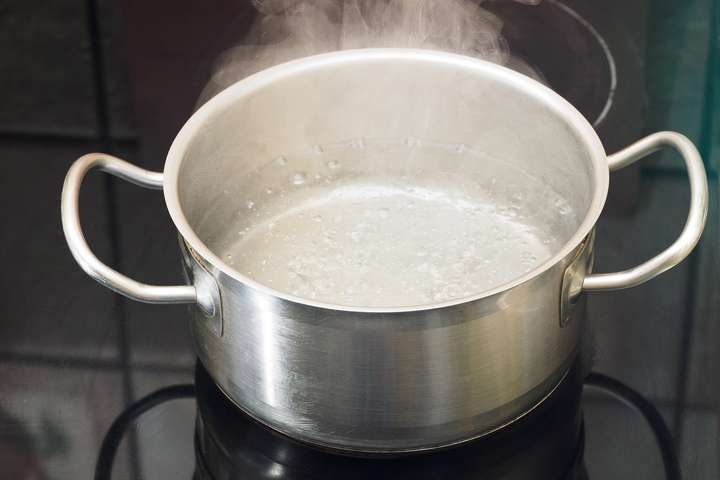
:max_bytes(150000):strip_icc()/GettyImages-1459148353-279aed56a15749c2a7310a882dbe3571.jpg)

